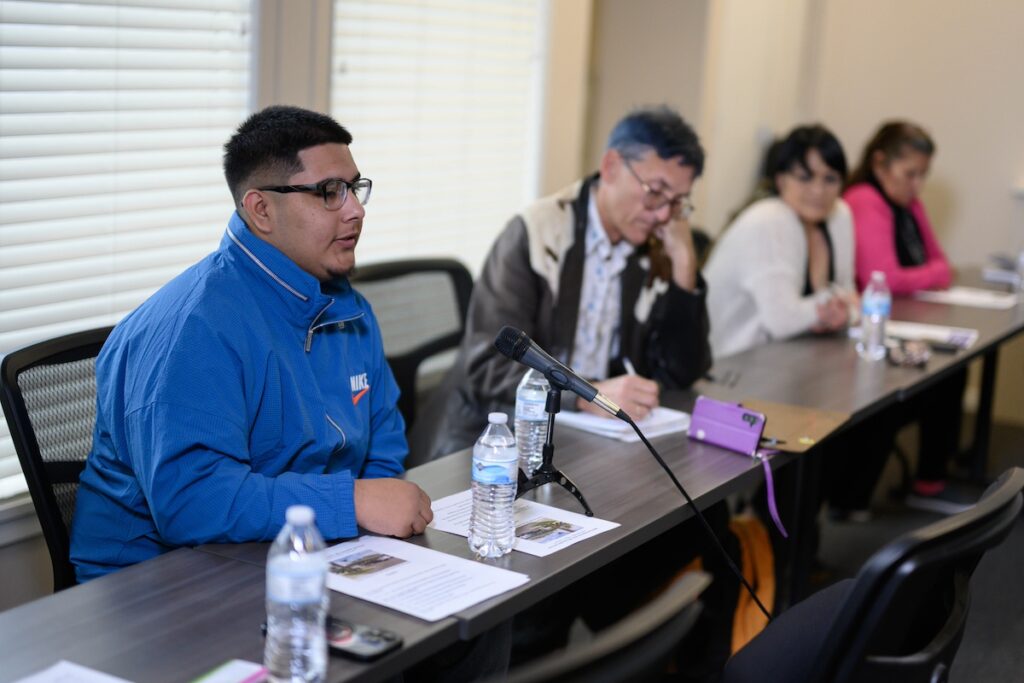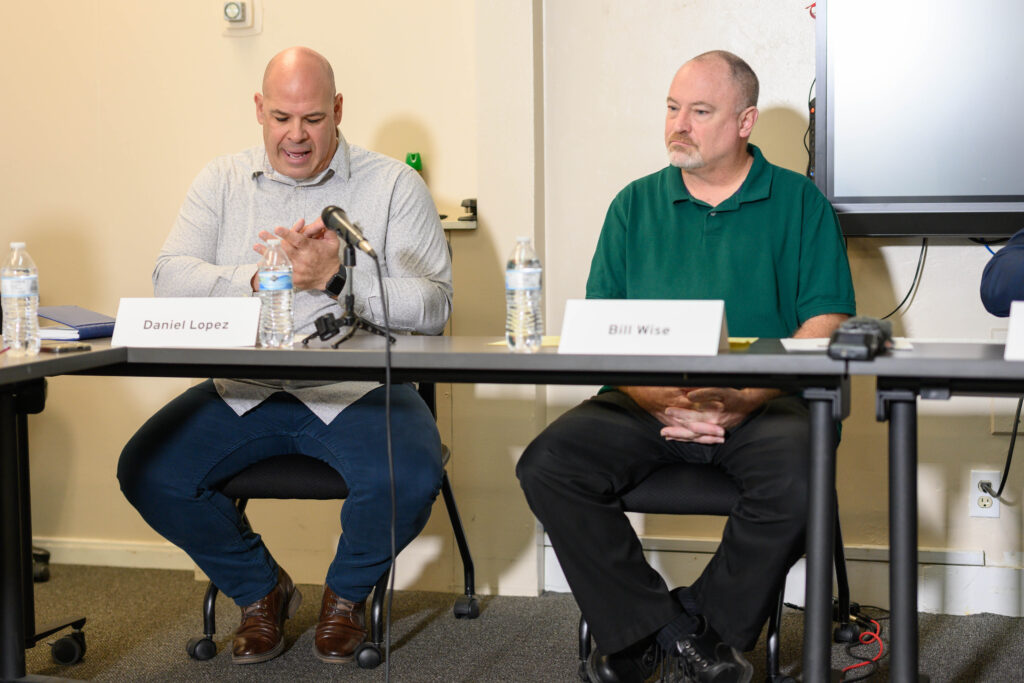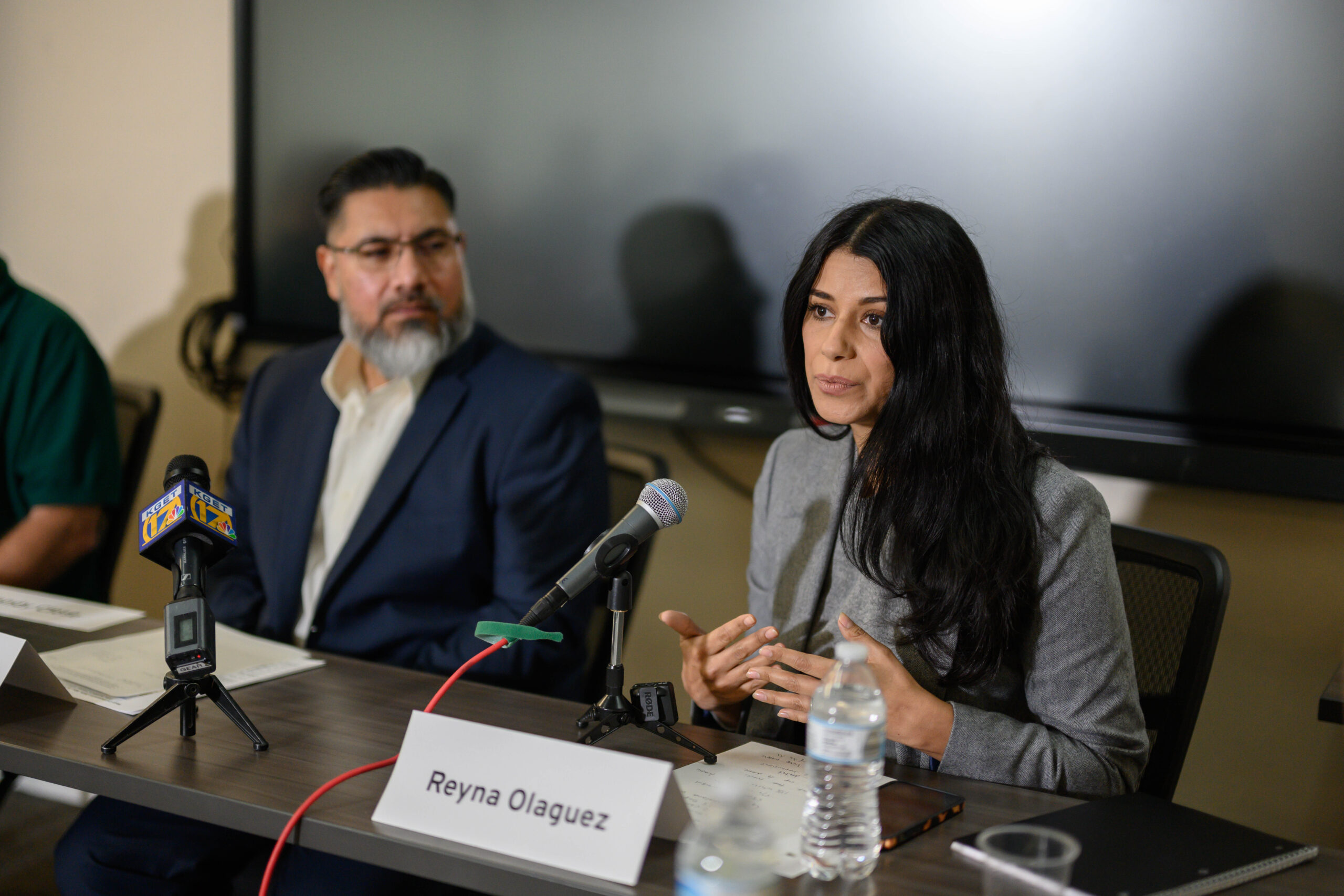For Juan Avila, COO of Garden Pathways, health care was not a priority until one man, fresh out of prison, failed to find work because of a previously undetected illness.
“Ultimately, the entire community benefits from the expansion,” said Avila, recalling how nearly eight years earlier, in 2016, this client had been on the cusp of a well-paying job until going in for a physical exam, where the doctor discovered an ailment that ultimately disqualified him.
With proper health care the illness could have been detected and treated much earlier, Avila recalls the doctor saying. That’s when he realized what a game changer health care access can be for those struggling on the margins, including the formerly incarcerated.
“Sometimes, for the justice-involved, medical care is the last thing on their minds,” he said. “But that regular care helps them live their best lives.”
Today, with California set to expand Medi-Cal access to millions, Garden Pathways is among the community organizations in Bakersfield working to ensure residents get the care they need.
Avila was among a panel of speakers from these organizations at a recent media briefing at Garden Pathway’s offices in Bakersfield organized by Ethnic Media Services in conjunction with the California Department of Health Care Services. The event was aimed at helping get the word out about California’s pending Medi-Cal expansion.
Medi-Cal, the state’s federally funded health insurance program, already covers people who are older than 65 or younger than 21. Come January 1, however, those aged 26 to 49 will become eligible regardless of immigration status.
Eligibility will be based on income, with the upper limit for an individual set at $21,680 per year, with approximately another $7,100 for every additional member of the household.
Depending on how many newly eligible people apply for the benefit, the numbers of Californians covered by Medi-Cal is expected to expand by another 500,000 to 700,000 people from the almost 16 million covered this year.
Avila explained that for people behind bars, “they’re able to see doctors, get medicines, stabilize their health. But then they’re released with a seven-day supply of medicine and they’re on their own.”
That’s why Garden Pathways is working with DHCS to ensure that those about to be released can access health care under the state’s newly expanded eligibility requirements.
“We’ve been able to expedite Medi-Cal enrollment,” added Avila, “making sure that once they’re released, they’re able to see doctors and get those services that they need.”
That was the case for Christopher Mendoza, 18, who said thanks to a Garden Pathways mentor he was able to get enrolled under Medi-Cal and get his prescription glasses.
“It’s been a whole different world. Life-changing. I’ve been able to see, I’ve been more productive,” said Mendoza. “I have a household of around six, four of them children. Without Medi-Cal, they couldn’t get dental … it took me more than a month to find out, trying to set up appointments, but my mentor guided me, helped me … and it happened.”

Erica Morrison, 39, is one of those mentors. She spent “a long time” behind bars before first becoming a Garden Pathways client and later a mentor. “It’s like they just throw you out into the wild and say, ‘go on your way,” she said, echoing Avila. “With Medi-Cal, you can continue with coverage and continue with treatment for any medical needs you have.”
A new mother, Morrison said technology changed so dramatically while she was incarcerated that she didn’t have the computer know-how to apply online for her or her other children’s medical needs once released. “I have a son who has special needs,” she said, adding that without coverage she could not afford his medications and treatments. “Without Medi-Cal, he wouldn’t survive.”
Bill Wise, of the Kern County Department of Human Services, described some of the outreach work his office is doing to get people enrolled, including allowing inmates to get assistance in starting the health care application process while still incarcerated so that completing their sentence no longer comes with the cost of losing health care.
“When we go into the incarceration centers, jails, they give contact info, but once they’re released, it’s very hard to do the follow-up,” he said.
Dee Slade, executive director with the African American Network of Kern County, welcomed the resources that new Medi-Cal enrollees could expect. “I’m excited because we’re including mental health, which is high on the agenda right now, but they’ll also get prenatal care.”
Black women suffer from some of the highest maternal mortality rates in the country.
Slade and Trista Carter, vice president of African-American Network of Kern County, agreed that Medi-Cal has become one of the most important programs for the African-American community, not only for those born in the United States, but also for immigrants, “the other Black culture.”

We have people who are African American, immigrants of Black descent, people of African descent or other Caribbean people, and they also come here looking for support and contribute to society to reintegrate into society,” Slade said.
Bakersfield, in the heart of California’s agricultural and oil-producing Kern County, is also home to a large migrant farm working community, more than half of which is undocumented.
“Our big push is to make the undocumented community aware” of the pending expansions, said Reyna Olaguez with Building Health Communities Kern, which works to address health inequities in low-income and immigrant communities across the county. “Many have not seen a doctor in years,” she noted, and the county has elevated cancer rates to show for it.
Building Healthy Communities is working with “promotoras” – health care ambassadors common in Spanish speaking communities in the US – who can help bridge the trust gap between migrant communities and government agencies.
For many migrants, part of that mistrust stems from fears that receiving public benefits could jeopardize their status in the country. “The U.S. Department of Homeland Security does not include using these health care services as a ‘public charge’ deterrent on pending immigration applications,” Olaguez noted.
Those who already have limited Medi-Cal will be automatically enrolled come January, though with the end of the Covid pandemic, California – and the rest of the nation – began reviewing enrollment lists. Officials urge recipients to keep an eye on any mail from DHCS seeking updated information including any changes to addresses or income levels.
That process is expected to continue through March of next year.




